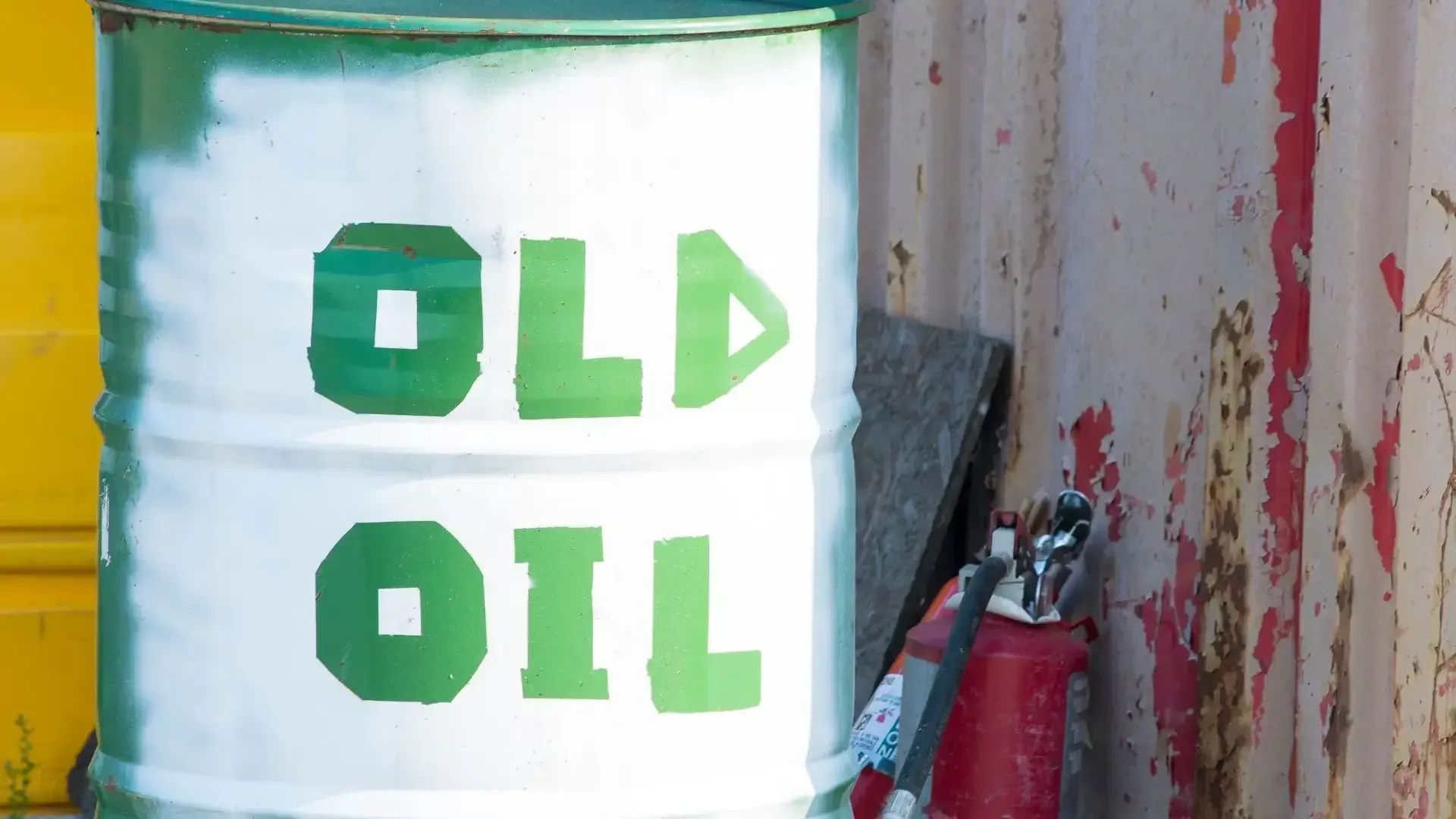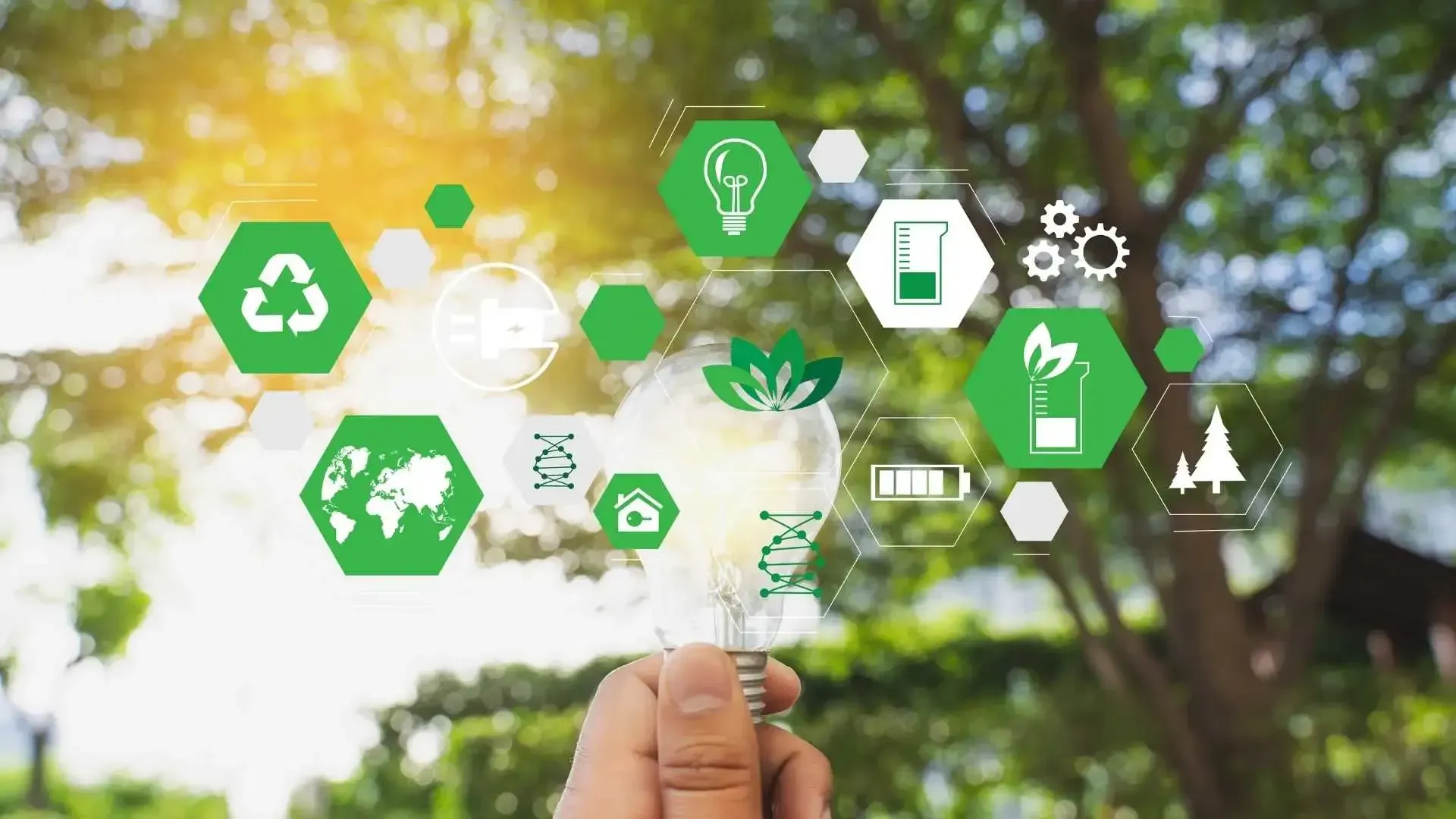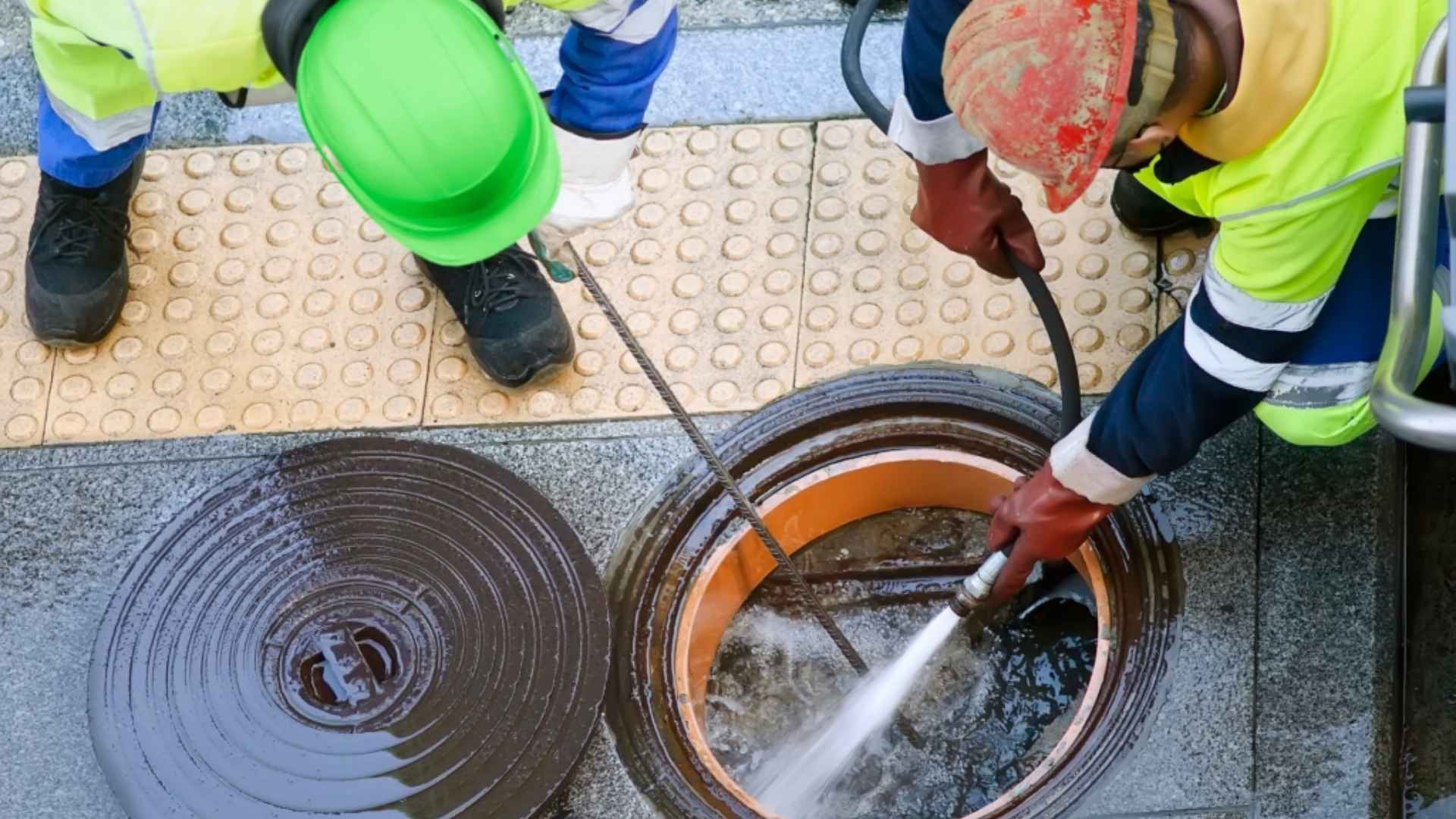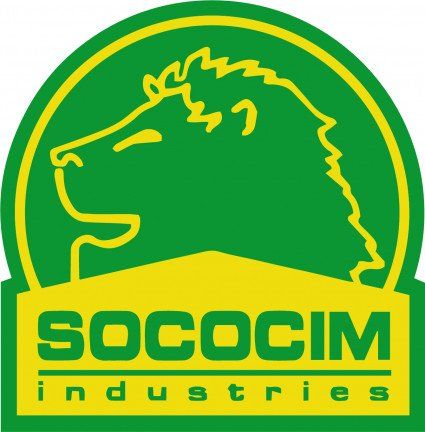par Idrissa Guiro
•
13 juin 2025
Dans un environnement professionnel, la gestion efficace des eaux usées est primordiale. Le curage des réseaux d’assainissement est une opération de maintenance souvent négligée, mais pourtant cruciale pour préserver la performance des canalisations et garantir un fonctionnement optimal des installations. Pour les entreprises, il s’agit bien plus que d’une obligation technique : c’est un enjeu économique, sanitaire et environnemental. Qu’est-ce que le curage des réseaux d’assainissement ? Le curage consiste à nettoyer en profondeur les conduites d’eaux usées, pluviales ou industrielles, en éliminant : Les dépôts de graisse Les sédiments (sable, boues) Les déchets organiques ou solides Le tartre et les résidus chimiques Grâce à des outils comme les hydrocureurs haute pression , le curage permet de rétablir le débit normal et de prévenir les incidents majeurs. Les Risques d’un Manque d’Entretien des Canalisations Un réseau mal entretenu peut rapidement poser problème, avec des conséquences parfois coûteuses : Obstructions → Remontées d’eaux usées, débordements Mauvaises odeurs → Détérioration du confort des locaux Fuites → Endommagement des sols ou des structures Arrêts d’activité → Fermeture temporaire des sites en cas de sinistre La prévention des obstructions dans les systèmes d’assainissement est donc essentielle pour éviter des pannes imprévues qui impactent directement la productivité et l’image de l’entreprise. Quels sont les avantages du curage régulier pour les entreprises ? Faire appel à des services professionnels de curage à Dakar ou dans toute autre zone industrielle offre de multiples bénéfices : Préservation de la longévité des infrastructures Amélioration du rendement hydraulique des réseaux Réduction des coûts d’interventions d’urgence Conformité avec les normes environnementales Prévention des risques de pollution accidentelle Un entretien planifié est toujours moins coûteux qu’une intervention en urgence suite à un engorgement ou un effondrement de canalisation. À Dakar : des services de curage professionnels et réactifs Dans la capitale sénégalaise, plusieurs prestataires spécialisés proposent des services de curage des réseaux d’assainissement adaptés aux besoins des entreprises : Intervention dans les usines, hôtels, restaurants, résidences, bureaux Utilisation d’équipements modernes (camions hydrocureurs, caméras d’inspection) Contrats d’entretien annuel ou semi-annuel Rapports techniques après chaque intervention Ces services permettent d’ anticiper les pannes et de garantir une exploitation sereine des installations. Quand faut-il planifier un curage ? La fréquence idéale dépend de l’activité de l’entreprise, mais en général : Tous les 6 à 12 mois pour les restaurants, hôtels et industries alimentaires Annuellement pour les bureaux et bâtiments administratifs Après toute suspicion de colmatage ou baisse de débit Il est recommandé d’ associer le curage à une inspection vidéo pour identifier les zones à risque ou les fissures invisibles à l’œil nu. Un Investissement Préventif et Rentable Le curage régulier des réseaux d’assainissement est un geste simple, mais essentiel , qui garantit le bon fonctionnement des installations, la sécurité sanitaire, et la continuité de l’activité. Pour les entreprises au Sénégal — et en particulier à Dakar —, s’entourer de prestataires qualifiés en entretien des canalisations est une démarche intelligente, responsable et rentable sur le long terme . Vous êtes une entreprise à Dakar ou dans une zone industrielle ? Optez pour un programme d’entretien des réseaux d’assainissement avec curage préventif et surveillance technique. Vous éviterez les mauvaises surprises et assurerez la durabilité de vos infrastructures.



















